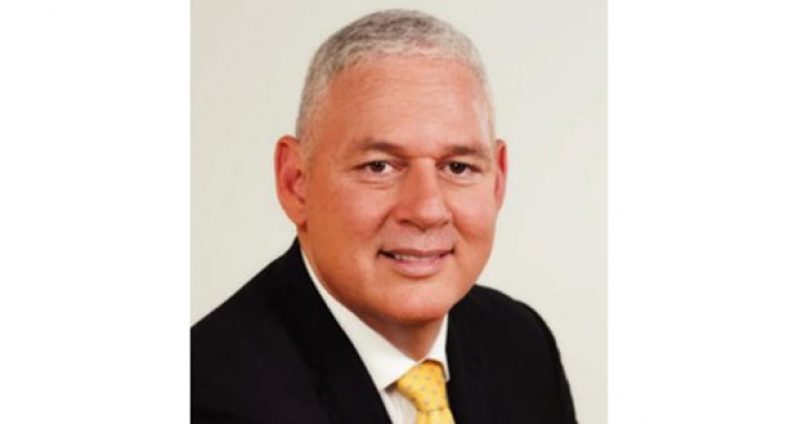By Ravin Singh
PRIME Minister of St Lucia Allen Chastanet believes that while CARICOM is still relevant in this era, for the regional bloc to be strengthened, functional cooperation must be high on its list of priorities. The Prime Minister’s remarks were made at the start of Wednesday’s meetings of the 37th Heads of Government meeting of the Caribbean Community (CARICOM).
Chastanet acknowledged the fact that CARICOM has gone through its challenges.
He said that he was always of the belief that the idea of political integration was always ambitious.
However, he noted that all relationships in the world are difficult and are always being tested by what is taking place outside. And with regard to CARICOM, Chastanet opined that there exists an anxious feeling on the part of all leaders to solve the problems of the Region, some of which include unemployment, poverty and economic growth.
“I think at the end of the day, CARICOM has been tested. It has gone through some difficult times and I think with this crop of leaders that I’ve seen that people are very passionate about what they stand for. People want the best and at the same time I think there is some level of reasonableness to understand that, given our size, we have to collaborate,” the St Lucia Prime Minister said.
Asked about the areas that need to be strengthened in the regional bloc, Chastanet said he would like to see more emphasis being placed on the productive sector in the Region and functional cooperation in the areas of education, security, healthcare and insurance.
He contended that those are the areas that can make an immediate impact on the quality of services provided in those areas in respective countries and the cost at which those services are provided.
“If we can save money in those areas and at the same time increase the quality, it will make us more competitive on a global basis,” he added.
Shifting his attention to the perceived lack of consensus in the Region, Chastanet contended that it is difficult to assess whether there exists a divide among countries. He reasoned that at the end of the day, all CARICOM countries are independent and leaders in the Region must look back historically at what disunity has cost the Region.
He suggested that in terms of foreign affairs, CARICOM has 15 votes and he does not believe that the Region does as good a job as it should in making sure that it marshals those votes behind causes and get international support.
Chastanet referenced one of the most salient issues affecting the Region right now, which is correspondent banking. He said that this is a critical issue that is going to require a substantial lobbying effort for the United States to be able to resolve it.
As such, he noted that collaborative voting and letting non-CARICOM regions know that the Region will vote together, may help to resolve the issue a lot quicker. He was keen to add that he does not mean soon, but a lot quicker.
“It’s not worthwhile going in separate directions, so we need to put better practices in place to resolve those differences and developing consensus,” Chastanet stated.
He also commented on the United Kingdom’s (UK) exit from the European Union (EU), termed Brexit, stating that it serves as a wake-up call for CARICOM.
Jamaica has, in the past, signalled its intention to leave the regional bloc, with proponents contending that the country was not benefiting from being a member state.
According to Chastanet, countries must always ask the questions: “Are you relevant?”, “Is CARICOM in the heart and souls of the West Indians” and “Does every West Indian believe that without CARICOM life would be better?”.
“You have to ask yourself those questions on a constant basis and if the answer is no, then you have to figure out how you’re going to resolve it. And it’s in that urgency that maybe we’re going to make some better decisions moving forward,” the St Lucian Prime Minister said.



.jpg)








